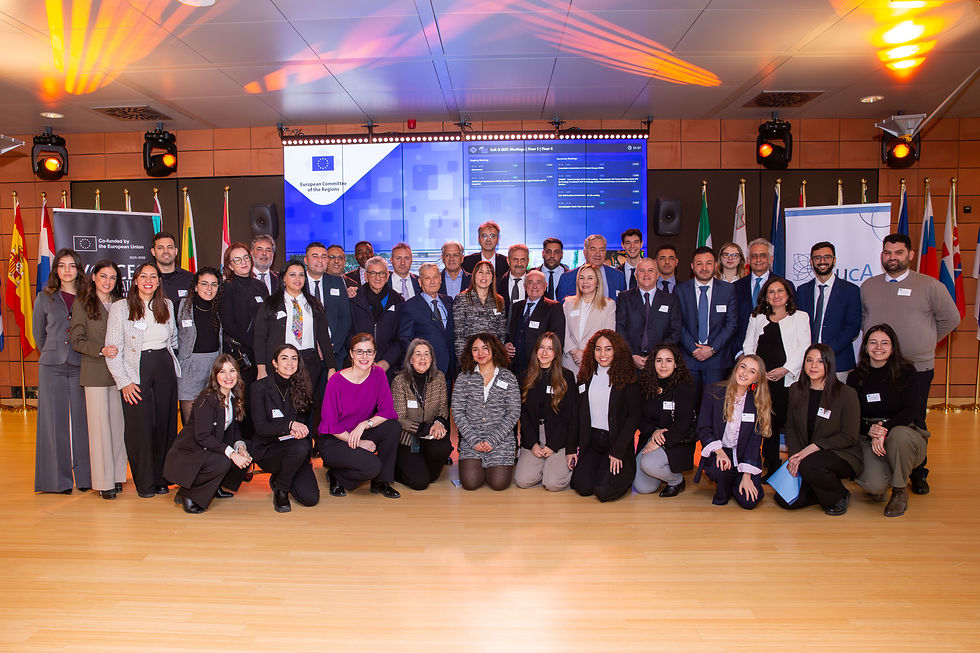VOICES From Migrations | Madalina Butuc's story
- Changemakers
- Oct 10, 2025
- 2 min read
“VOICES From Migrations” is a project co-funded by the European Union exploring untold migration stories. Madalina Butuc is 29 years old and she moved from Romania to Italy. This is her story:

“I was born in Iași, a city in Romania near the Moldovan border. Now, I live in Rosarno, Italy. All my family is here.
Integrating wasn’t very difficult since I arrived at a young age. I come from a large family; we are seven siblings, and we all came here when we were little, after our father died. My mother found a job here, in Italy, so she took us all with her. We arrived by bus, in a journey that lasted three days.
Since my mother had a work contract, and we are European, we didn’t experience major issues with the administration or obtaining papers. None of us faced any problems with the local people either, and were instead warmly welcomed. My mother has been here for 35 years now, and she knows everybody!
For us, finding work was never a problem. We work in the fields: picking kiwis, olives… whatever is available.
I am now happily married to an Italian man, and we have four children. We sent our son to kindergarten when he was 18 months old, then did the same with our daughter. The teachers don’t differentiate between the children. Where one eats, the other eats too.
Still, my children understand Romanian, but don’t want to speak it. I, as well, feel a bit strange when I go back to Romania. By now, I feel like I am Italian, or at least a part of me is. After all, I am used to the language, to the work and life here... Romania is now our vacation place.
I’d like a future here with my husband and my children… with my family.”
Interview by: Giuseppe Bellassai, Daniela Szep, Federica Orfano, and Silvia Caballero Jiménez

Funded by the European Union. Views and opinions expressed are however those of the author(s) only and do not necessarily reflect those of the European Union or the European Education and Culture Executive Agency (EACEA). Neither the European Union nor EACEA can be held responsible for them.



Comments